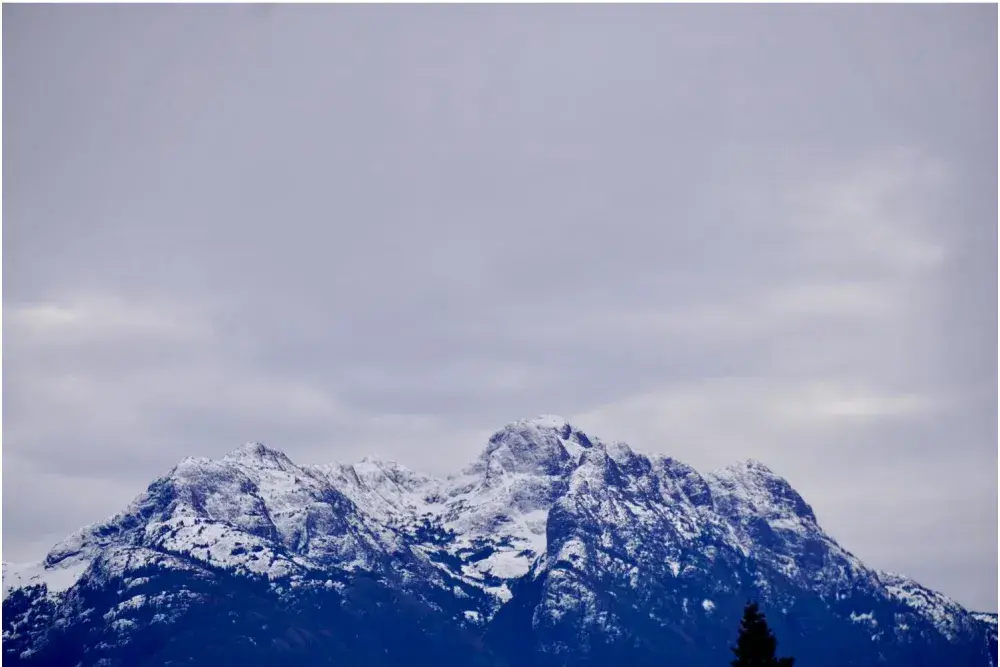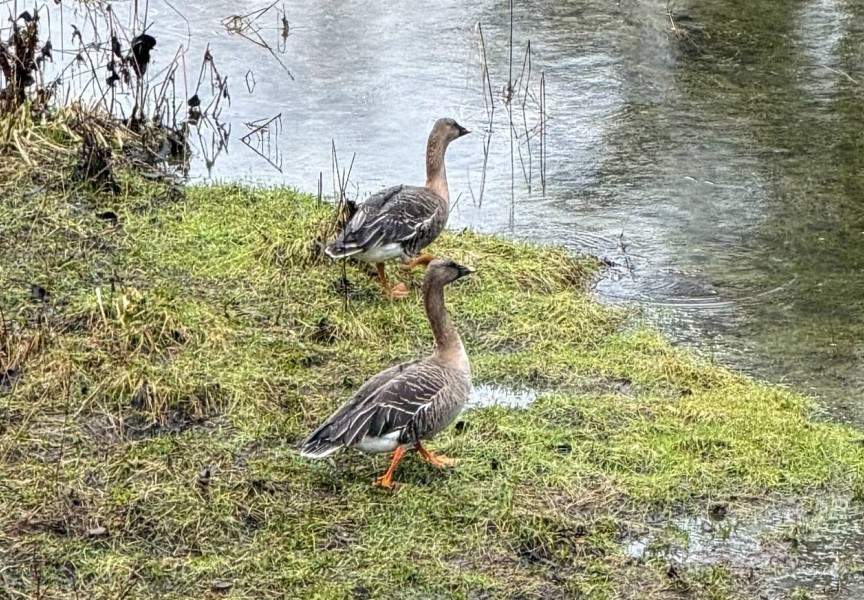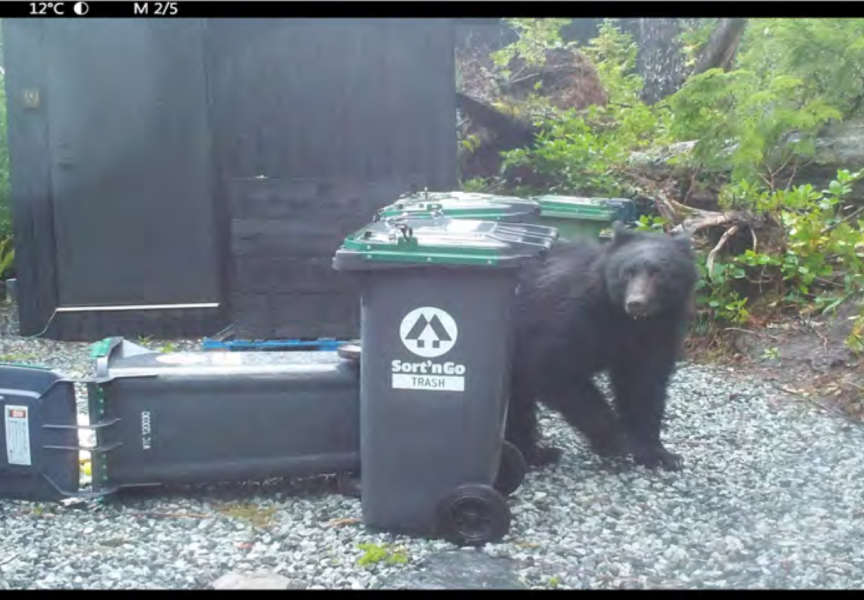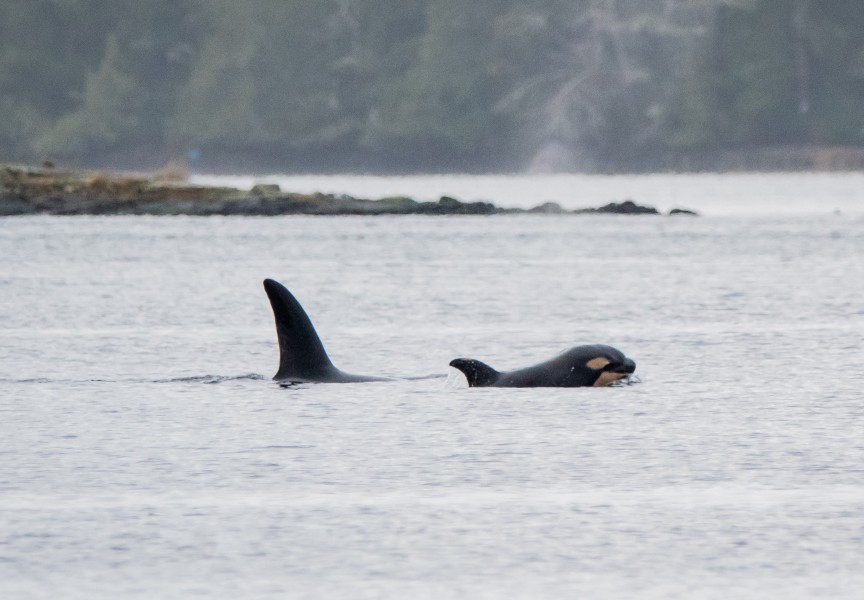An updated snow survey from the River Forecast Centre (RFC) for February shows Vancouver Island’s snowpack has decreased by nine per cent from the previous month.
Sitting at just 30 per cent of normal, Vancouver Island’s storage on snow in the mountains has seen a decrease since last month, similar to six other communities in the province.
Vancouver Island is 45 per cent lower than it was in February 2023, marking the second largest decrease in the province.
As of Feb. 1, the province-wide snowpack remains very low, averaging 61 per cent of normal across British Columbia. Last year, the provincial average was 79 per cent for Feb 1.
According to experts at the RFC, low snowpack and seasonal runoff forecasts combined with warmer-than-average weather and the lingering impacts from previous dry seasons are creating significantly elevated drought hazards for this upcoming spring and summer in the province.
“There are still two to three months left in the snow season. While conditions may change slightly over this period, current trends in low snowpack are expected to persist,” states the snow survey. “Due to the extremely low snow conditions, below normal spring freshet flood hazard is expected this season, especially in the Interior.”
Vancouver Island’s Snow Basin indices decreased relative to normal due to very warm late-January temperatures and heavy rain that caused significant snowmelt, according to the RFC.
Snow basin indices across the province are much lower this year compared to 2023 due to very dry and warm conditions through the snow accumulation season.
Matt MacDonald, lead weather forecaster with the BC Wildfire Service, said it’s a common misconception that the amount of overwinter snow has a direct impact to the following wildfire season.
“Several factors including sublimation, rate of melt and whether the underlying substrate is frozen, affect the effectiveness that snow melt has in recharging the underlying fuels and vegetation with moisture,” MacDonald said. “Some of our most active wildfire seasons, namely 2003, 2017 and 2018 followed on the heels of deeper than normal snow packs. As always, the amount of rain we receive in June will determine the severity of the 2024 fire season.”
In 2023 there were 281 wildfires on Vancouver Island, 56 per cent of which were human-caused.
The low snowpack levels and unseasonably warm weather are creating a significant drought risk for this year, therefore the Province of BC is reaching out to farmers and other water users to help prepare for dry seasons and to understand their water management decisions.
The Ministry of Agriculture and Food is working with the Ministry of Water, Land, and Resource Stewardship to improve communications with B.C. producers about how to prepare for drought and how water management decisions are made during drought conditions.
The province will be hosting upwards of 30 in-person and online information sessions throughout B.C. between March and May 2024.
An agriculture water management workshop was held in Port Alberni on Feb. 16, and there will be a decoding drought management engagement session in Courtenay on March 5 and one in Cowichan on March 6.







